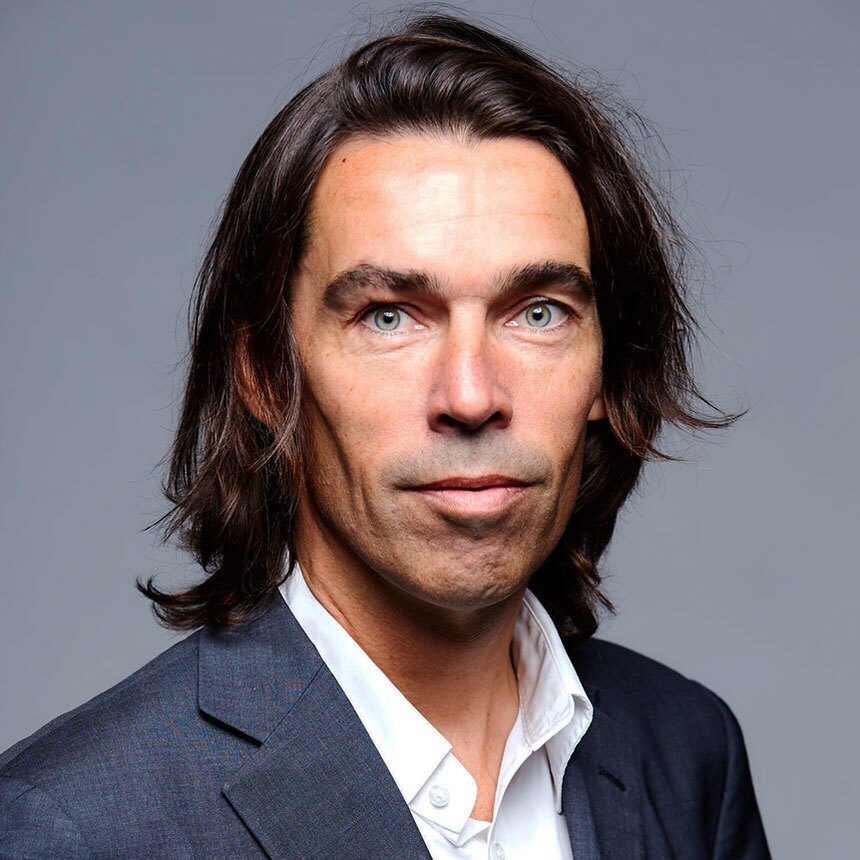French hotel firm Accor's recently completed corporate reorganization is a mark of how it looks at the industry — and how executives plan to capitalize on the shifting dynamics of travel and hospitality.
In the words of Jean-Jacques Morin, Accor's group deputy CEO and division CEO for premium, midscale and economy: “Now, the next step is for us to get the juice.”
Late last year “was the last stage of a multiyear, multi-phase reorganization of Accor. Yes, it was messy at times, but now we have a fantastic set of reorganized assets and the recognition that the industry is so many different animals,” Morin said during a strategy update from the French firm’s Fifth Avenue offices in New York City.
In its full-year 2023 earnings results, Accor reported a record €1 billion ($1.08 billion) in earnings before interest, taxes, depreciation and amortization, a 49% increase versus 2022. For the same period, revenue increased 20% to €5 billion.
Some of that is a result of the hotel industry bouncing back from the calamitous months of the pandemic, but Morin said it's also a testament to the refocusing of Accor's operations.
The company's hotel operations are now in two divisions: luxury and lifestyle; and premium, midscale and economy, managed by a new organization of regional CEOs.
The two-pronged strategy allows the company a “much better feel as to what the hotel business is about to do,” Morin said.
One example is how Accor learned that hoteliers in Australia have become more friendly to franchising.
“In the end, franchise is a good thing as long as you can adapt. Discussions with owners are fluid, and you will see that in the mix. [Franchising] is a little less than 30% of rooms, but it will rapidly grow,” he said.
Morin said the strategy is to put more focus on brands but with fewer brand standards.
“Previously, we had solutions by region and brand. All were different, so what we figured is how to take the best of what we had, not to have 10 variations. The goal is a better night’s sleep,” he said. “In luxury, there is no franchising. There we want to go further in protecting brand equity, and the best way to do that is with a hotel management agreement.”
Martine Gerow, Accor's group chief financial officer, said being fluid also makes sense financially.
“Management franchise fees have increased, and, yes, we expect them to increase more,” she said.
Chasing Corporate
Another sea change — something the hotel industry might have taken for granted in 2019 — is the return of corporate travel, although the nature of it has changed.
“We have decided to create a luxury sales team focusing on large, corporate accounts. The reason for this is we felt this segment is an opportunity, and we have had success," Gerow said. “A change we have seen this year is the increases in corporate negotiated rates. That’s the first time in a while. Corporate is returning to travel, although the long intercontinental trip in 24 hours has probably gone.”
Gerow said Microsoft is a good example of a company that has shifted its resources to better serve client demand.
“We now have one Microsoft account worldwide. Yes, a lot of that is in Paris as that is where a lot of our people are, but not always. The focus is on the account,” not the geography, she said.
Morin agreed that focus is the critical attribute.
“Working on the basics again, which we moved away from during our expansion. The significant reduction in some brands’ brand standards, some by around 70%, helps get over the line, even if that might be counter to protecting brand equity,” he said, citing such Accor brands as Mövenpick, Pullman and Swissötel.
He said Accor believed it did not have its fair share of those brands in some markets, but now it has the right teams, the right products and the right thinking.
The two divisions are marked by different operating philosophies, the executives said.
“Luxury is not managed by geography but by brand,” Gerow said.
She added Europe is beginning to see the return of conferences and events, but the focus in the U.S., a relatively small market for Accor, needs to be different.
“In the U.S., you need recognition of brands and then distribution. You need scale, but there is potential for us,” she said.
That potential will continue to be largely in Accor's luxury and lifestyle brands.
“Eighty percent of the U.S. premium, midscale and economy market is in the hands of five or six players. To get access, you need to be super-surgical and super-smart, but in luxury and lifestyle, it is a different play,” she said.
Morin said in China the focus changes yet again.
“We can employ different models, but the right way to move the needle is to have partnerships. Again, the only place we do not do that is in luxury and lifestyle,” he said.
Gerow said criticism of Accor’s pruning of its portfolio is misjudged.
“We’re always scrutinizing our hotels to see if they should remain in the network. That’s a huge benefit to existing and new owners, although maybe not to the [profit and loss account],” she added.


